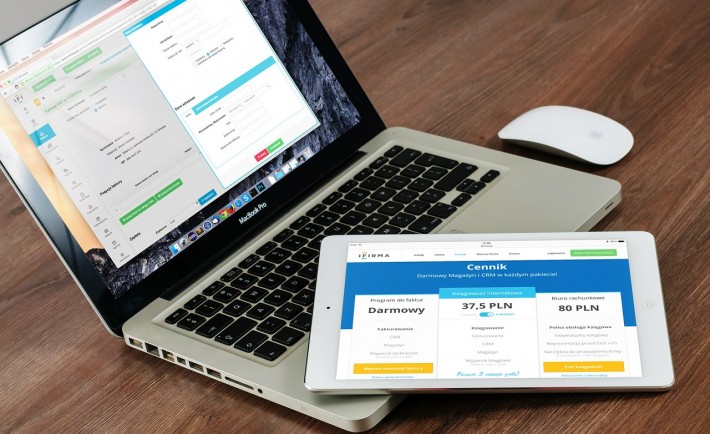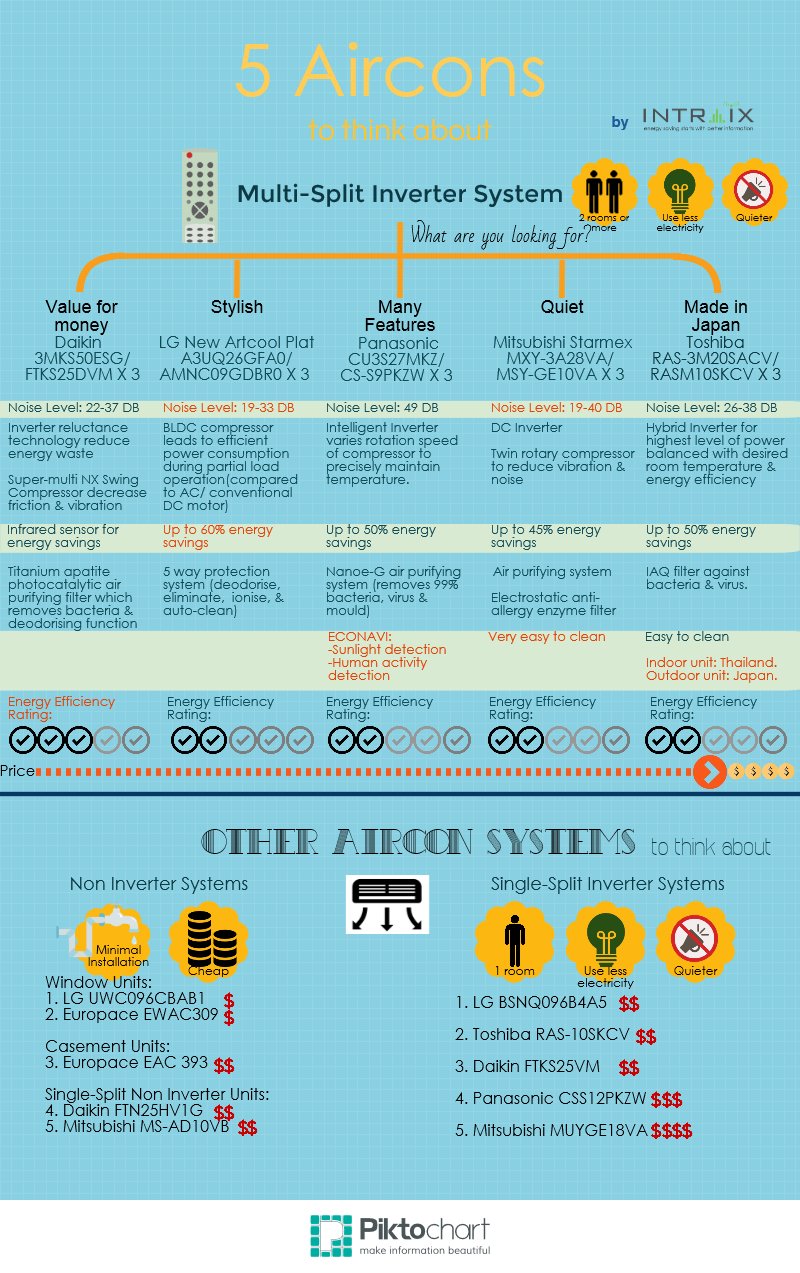In 2014, a survey by DBS bank showed that over 76% of the participants said that their key long-term financial goal is to have sufficient for retirement. Why are these people not ready? Perhaps time and awareness are the factors.
Majority of people think that saving for retirement can wait until you are more stable later on in life. Some may get caught up with their spending patterns and life events such as celebrating weddings and raising children.
There is never a “great” time to start planning for your retirement. But, there are good advantages if you started early. However, if you are starting late today then, you will have to work harder to grow your retirement fund. Moreover, you cannot afford to lose money anymore so; you must avoid investments with higher risks.
After shedding a light into the importance of retirement planning earlier on, here are the best yet free resources for retiring in Singapore (aside from the fantastic Money Digest) :
1. RETIREMENT CALCULATOR BY AVIVA
Aviva is a British multinational insurance company that provides services across 16 countries. Since they have a branch in Singapore, their website features a retirement calculator that tells you how much money you need to live comfortably in your golden years. Also, it takes expected inflation into account. Personally, I found Aviva’s Retirement Calculator as easy and user-friendly but I still want to get more information out of it.
2. CPF RETIREMENT SAVINGS INTERACTIVE CALCULATOR
As I said, I seek more functionality from the above retirement calculator. Which is why I continued my search. In my conquest I found a comprehensive retirement calculator that is validated and created by Central Provident Fund (CPF).
CPF is a social security savings plan that has provided the working Singaporeans with confidence and a sense of security for their retirement years. A part from this, they offer online guides and resources such as the Retirement Savings Interactive Calculator. This calculator allows you to assign values for your current age, desired retirement age, desired retirement income, return of investment, and so on. The results will show the number of years you need to save and the cumulative savings necessary to age gracefully. Furthermore, it provides charts and graphs to enable you to understand the numbers more.
3. VANGUARD RETIREMENT INSIGHTS
A premier international website for retirement information is owned by the Vanguard Group – an American investment company. Vanguard’s retirement resources are divided into three categories namely: saving for retirement, nearing retirement, and living in retirement. They provide tips, guidance, and advice using simple terms that would not require a genius to understand. Additionally, it offers retirement planning tools such as creating a realistic retirement budget.
4. HSBC SINGAPORE RETIREMENT PLANNING
Going local, you may browse through the articles by HSBC Singapore. These articles feature detailed information about the future retirees in Singapore, 8 steps to have a confident retirement, and a guide to retirement planning. Also, it includes localized researched statistics, charts, tables, and graphs. But, I cannot deny the fact that it advertises HSBC’s own retirement services too.













